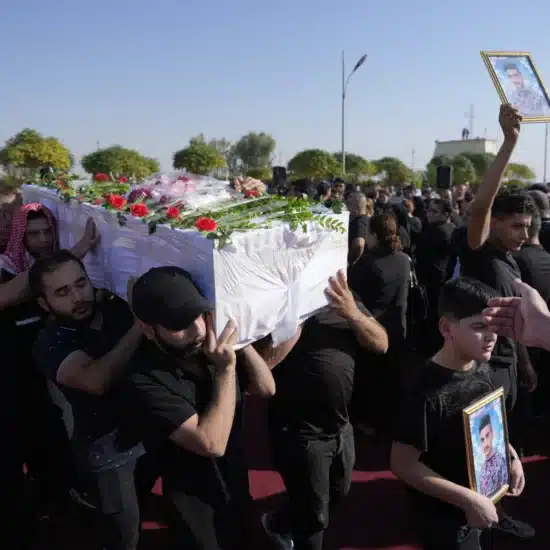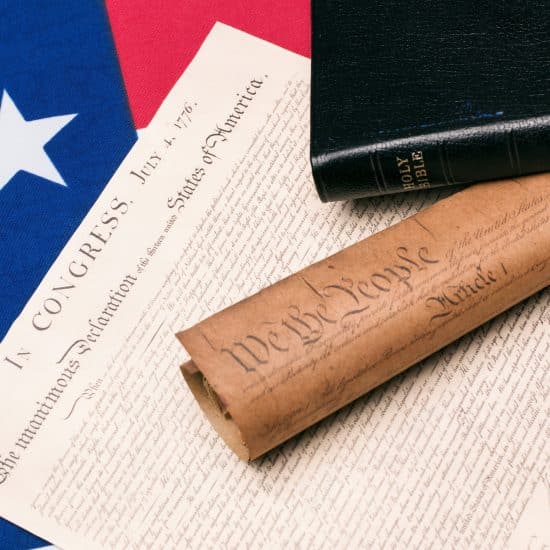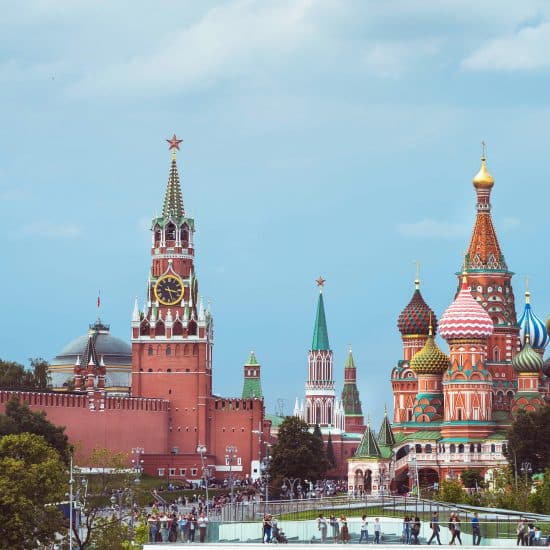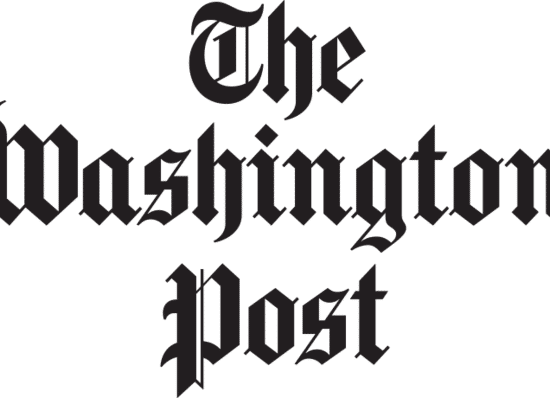Leader of SBC’s religious liberty group defends town’s ‘legislative prayers’
Bob Allen
NASHVILLE, Tenn. (ABP) — The Southern Baptist Convention’s top expert on religious liberty concerns says the U.S. Supreme Court should uphold a New York town’s practice of opening its city council meetings with sectarian prayer.
“A prayer, by definition, isn't a speech made to a public audience but is instead a petition made to a higher Being,” Russell Moore, head of the SBC Ethics and Re-ligious Liberty Commission, said in an Oct 15 commentary on the Huffington Post.
“For the government to censor such prayers is to turn the government into a theological referee, and would, in fact, establish a state religion: a state religion of generic American civil religious mush that assumes all religions are ultimately the same anyway.”
Moore’s agency has filed a friend-of-the-court brief in a case asking the Supreme Court to overturn a lower court’s decision that the town of Greece, N.Y., violated the First Amendment’s ban on establishing religion by allowing private citizens to open council meetings with prayers typically ending with the words “in Jesus’ name.”
Moore argued that removing the “sectarian” nature of such prayers reduces them to “public service announcements followed by ‘Amen.’"
“These prayers are not an establishment of religion,” Moore said. “The clergyperson offering the invocation isn't an extension of the government. His or her prayers aren't state-written or state-approved.”
Moore said that spoken prayers have a place in the public square.
“Such invocations serve to remind us that we are more than extensions of the state,” he wrote. “Our consciences are accountable to a higher tribunal than any government. It's that sense of conscience and human integrity that has led this country to support minority rights, respect for opposing viewpoints, and a limit on the power of government.”
The case could clear up confusion about “legislative prayer,” an American tradition of solemnizing public meetings with prayer that dates back to the first Continental Con-gress in 1774. The high court has ruled that the practice can be constitutional, but such prayers must not have the effect of endorsing or advancing a particular faith.
The issue has roiled communities in both North Carolina and Virginia the past two years.
Bob Allen is managing editor of Associated Baptist Press.






